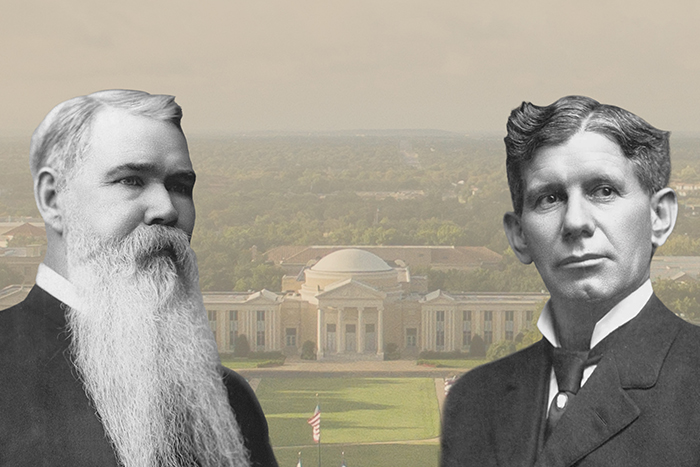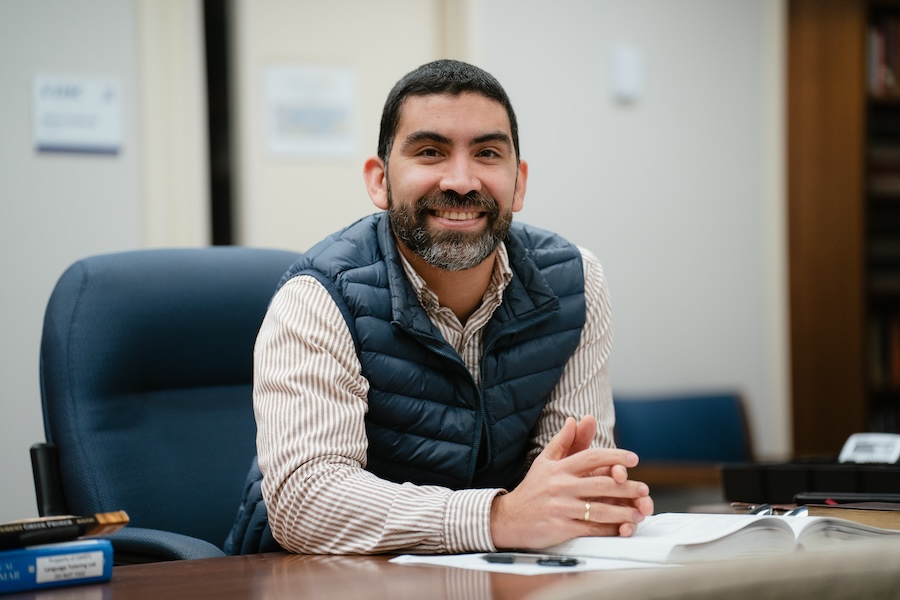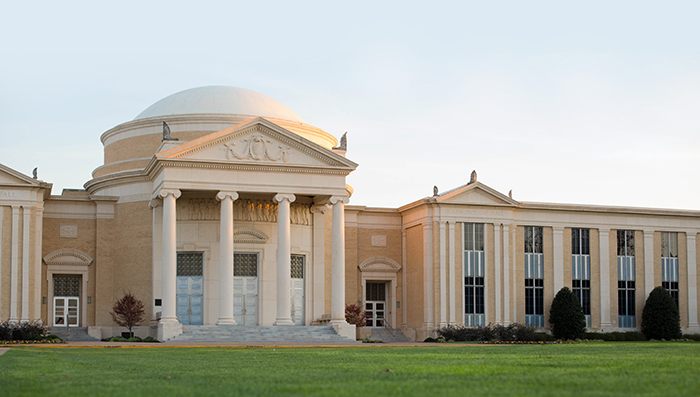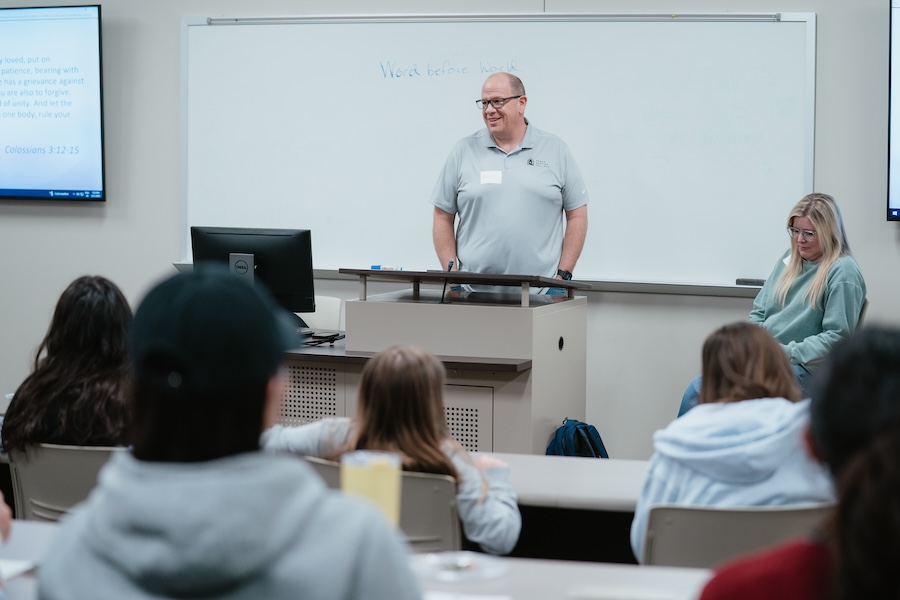A LEGACY OF SOUL-WINNING: Students, faculty bring the Gospel beyond seminary walls

Editor’s Note: The following is part of an ongoing series examining the evangelism experiences of significant figures from Southwestern Seminary’s history. This story is taken from chapter 9 of A Modern School of the Prophets, written by Southwestern’s second president and namesake for both Scarborough College and the seminary’s Chair of Evangelism, L.R. Scarborough.[1]
Since its beginning, Southwestern Seminary’s students and faculty have expanded the seminary’s reach by engaging in numerous ministerial tasks in churches and mission fields around the world.
“The Southwestern Seminary has never been nor aspired to be a cloister nor a ministerial refuge for learned recluses and dry parchments,” says L.R. Scarborough, one of the seminary’s founding faculty. “It is not a cemetery; it is a live seminary, blazing afar with Gospel life and spiritual power.”
Scarborough characterizes the institution as “a training camp for a militant army of spiritual soldiery”—“a vital part of God’s army going to battle as its force trains for the livest service.”
“This does not mean that there is no seriousness, no reverence, no dignity, no beating passion for deep and high scholarship, and no longing for the steadier, more enduring fundamentals of the most reverent and profound learning,” Scarborough explains. “There is all this; but we know what learning and reverent scholarship are for. We are sharpening our swords, buckling our armor in preparation for an attack on the gates of hell and on the foes of the Lord Jesus Christ.
“We are trying to train leaders to lead, winners to win, laborers to labor, singers to sing, teachers to teach, and all this in the higher brackets of noble, sane, spiritual learning. We expect our preachers to wear out their clothes on the knees in prayer and on the heels in service.”
To this end, Scarborough says, Southwestern emphasizes the need for its students and faculty to serve beyond the seminary walls, taking what they have learned in the classroom and putting it into practice through “evangelism, outdoor preaching, missions, Sunday schools, rescue and good-will center work, denominational cooperation, [and] missionary labors out to the ends of the earth.”
“This seminary expects every teacher to be engaged in at least two revival meetings during the year,” Scarborough says. “… We want training and leadership that are easily and freely respondent to the suffering needs and calls of a lost world. This deep Kingdom purpose started with the seminary by its great founder has been kept regnant in the life of the institution ever since his death.”
In order to highlight the results of such a commitment, Scarborough summarizes the “personal service” reports made to the Southern Baptist Convention over a five-year period, 1920-1924. These reports do not cover all the work in any year, Scarborough says, but they are representative of “the major tabulatable labors of the seminary force.”
From 1920-1924, Southwestern students and faculty held 4,166 revival meetings and preached nearly 54,000 sermons. Collectively, they witnessed 55,861 individuals profess faith in the Lord Jesus Christ.
In addition, more than 70,000 people joined Baptist churches through these efforts, more than 35,000 people were baptized, and roughly 5,500 people volunteered for ministry service.
“There is no spirit of boasting in this matter,” Scarborough says. “I am giving these figures to make a positive impression for the soul-winning value of a theological seminary built along the lines on which this one has been built.”
Scarborough adds that these soul-winning extracurricular activities “constitute an encouraging testimony to the practical effectiveness of theological training in this institution.”
Eighty years after Scarborough wrote these words, the soul-winning legacy of Southwestern’s forebears is still carried on, as the institution’s students and faculty continue to not just learn theology in the classroom, but put theology into practice through ministry efforts beyond the seminary walls. For example, from 2014-2018, students in the evangelism and missions practicums alone collectively shared the Gospel 15,068 times and saw 2,800 individuals respond in repentance and faith. Only God knows how many more were saved by the efforts of other Southwestern students and faculty during this five-year period.
As Scarborough said, such numbers are not presented in order to boast, “but this is our purpose and passion”—from the time of Scarborough and still today. And such numbers prove that when God’s people are faithful to share the Gospel, God is faithful to save. Indeed, God, not theological students and faculty members, is the One who saves. To Him be all the glory!
[1]L.R. Scarborough, A Modern School of the Prophets (Nashville: Broadman Press, 1939), 130-152.



